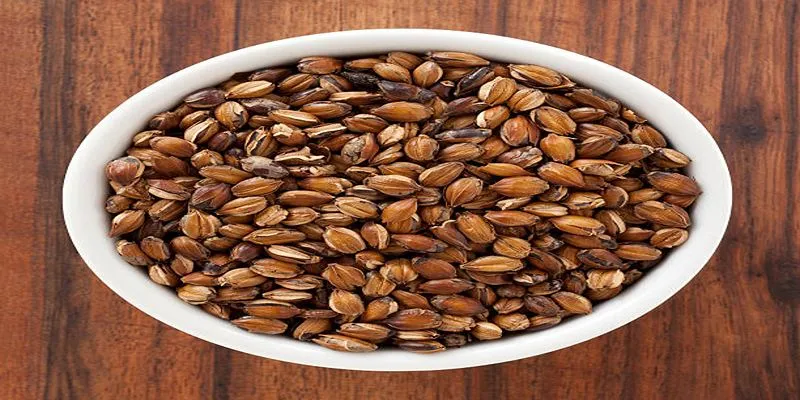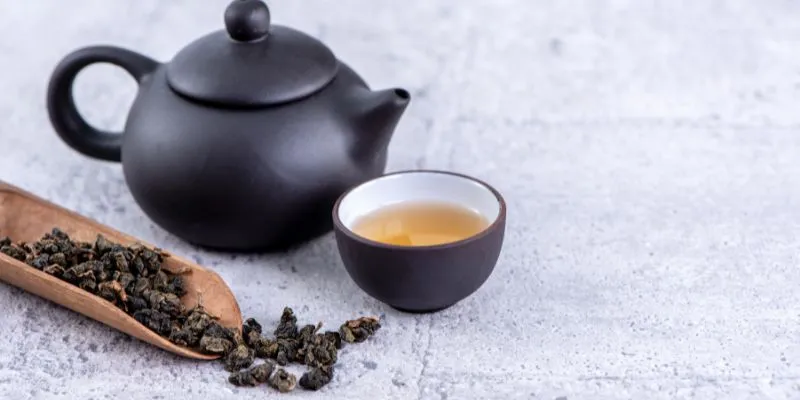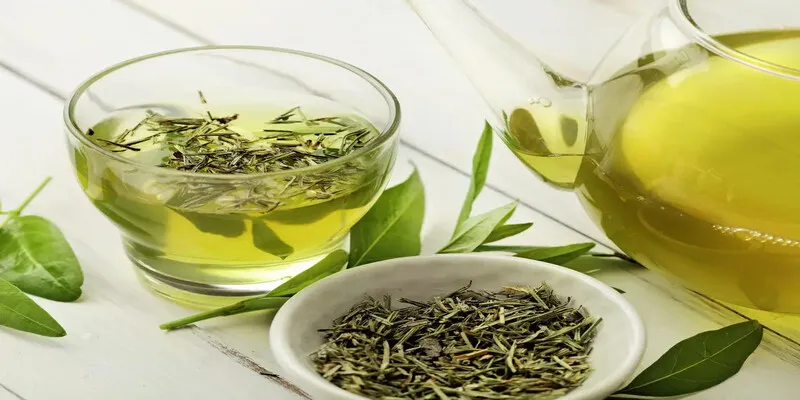Hot Tea: Is It Good for You?
Hot tea is a cherished beverage known for its soothing warmth and numerous health benefits. Whether you prefer green, black, or herbal teas, each type offers unique properties that can enhance well-being. Rich in antioxidants and nutrients, hot tea supports heart health, improves digestion, and boosts the immune system. However, consuming tea at excessively high temperatures may irritate the esophagus or cause unwanted teeth stains. In this article, we’ll explore the pros and cons of drinking hot tea, helping you decide if it’s a worthwhile addition to your daily routine.
Nutritional Benefits of Hot Tea
Hot tea is packed with various nutrients and active compounds, making it one of the most nutritious beverages available. With antioxidants, vitamins, and minerals, tea can help prevent chronic illnesses and improve overall wellness. Here are some key nutrients found in hot tea and their health benefits:
Antioxidants
High levels of antioxidants make green and white teas particularly healthy. Antioxidants are molecules that neutralize free radicals, unstable molecules that cause oxidative stress in the body. The most significant antioxidants in tea are catechins and flavonoids. Catechins, abundant in green tea, have been linked to reduced cancer risk, improved cardiovascular health, and decreased inflammation.

Vitamins and Minerals
Tea contains essential vitamins and minerals that perform critical functions in the body. Vitamin C supports the immune system, prevents infections, and promotes healthy skin by synthesizing collagen. Vitamin K is essential for blood clotting and maintaining bone health. Potassium aids heart function and blood pressure regulation, while manganese contributes to bone structure, nutrient metabolism, and antioxidant activity.
Polyphenols
Polyphenols are biologically active compounds with anti-inflammatory properties. They are abundant in teas, particularly green and black varieties. Polyphenols protect against inflammation, support cardiovascular health by improving blood vessel function, and lower blood pressure. They also enhance the immune system, helping the body fight diseases and infections. Herbal teas like chamomile may even promote relaxation and improve sleep quality, contributing to overall well-being.
Drinking hot tea daily can help you enjoy the powerful benefits of polyphenols for both body and mind.
Health Benefits of Hot Tea Consumption
Here are some specific health benefits associated with hot tea consumption:
- Heart Health
Studies have shown that consuming green and black tea positively impacts heart health. The antioxidants and polyphenols in these teas minimize inflammation and improve blood circulation, reducing the risk of heart disease.
- Digestive Health Support
Warm teas aid digestion by stimulating stomach acid production and improving nutrient absorption. Peppermint and ginger teas are particularly effective in combating bloating, gas, and indigestion.
- Immunity Boost
Certain teas, such as chamomile and Echinacea, have been scientifically proven to boost immunity against colds and infections. Regular consumption can strengthen the body’s defenses.
- Mental Alertness and Focus
Tea contains caffeine and L-theanine, which enhance mental alertness and relaxation without the jitters associated with coffee. This combination can improve focus, concentration, and productivity.
- Helps in Weight Loss
Some studies suggest that hot tea can boost metabolic rate and aid in weight loss, with green tea being particularly effective due to its high catechin content.

Potential Drawbacks of Drinking Hot Tea
Risk of Esophageal Damage
One primary concern with drinking hot tea is the risk of esophageal damage. Studies suggest that regularly consuming beverages hotter than 140°F (60°C) may increase the risk of esophageal injury and even cancer over time. Scalding tea can irritate and cause minor burns on the sensitive esophageal tissue, potentially leading to chronic inflammation. Allowing tea to cool slightly before drinking is a simple precaution to protect against this risk, making it safer for daily consumption.
Possible Caffeine Sensitivity
Many teas, especially black and green varieties, contain caffeine, which can cause side effects such as anxiety, jitteriness, or disrupted sleep, particularly in those sensitive to caffeine. For individuals prone to these symptoms, drinking caffeinated tea may interfere with relaxation or sleep quality. Caffeine sensitivity varies among individuals, so some may experience effects even with small amounts. Choosing herbal or decaffeinated teas can minimize caffeine-related issues.
Staining of Teeth
Regular consumption of hot tea, especially black tea, can lead to teeth staining due to tannins—natural compounds that adhere to tooth enamel and darken it over time. This staining effect is similar to that caused by coffee and red wine. To reduce the risk of tooth discoloration, consider rinsing your mouth after drinking tea, brushing your teeth, or using a straw to limit contact with your teeth.
Conclusion
Hot tea is a beloved beverage offering numerous health benefits, from improved heart health to enhanced digestion and immune support. While it can be a valuable addition to a balanced diet, it’s essential to consume hot tea with caution regarding temperature and caffeine intake. Whether you prefer green, black, or herbal tea, moderate consumption can bring warmth and wellness to your day.











